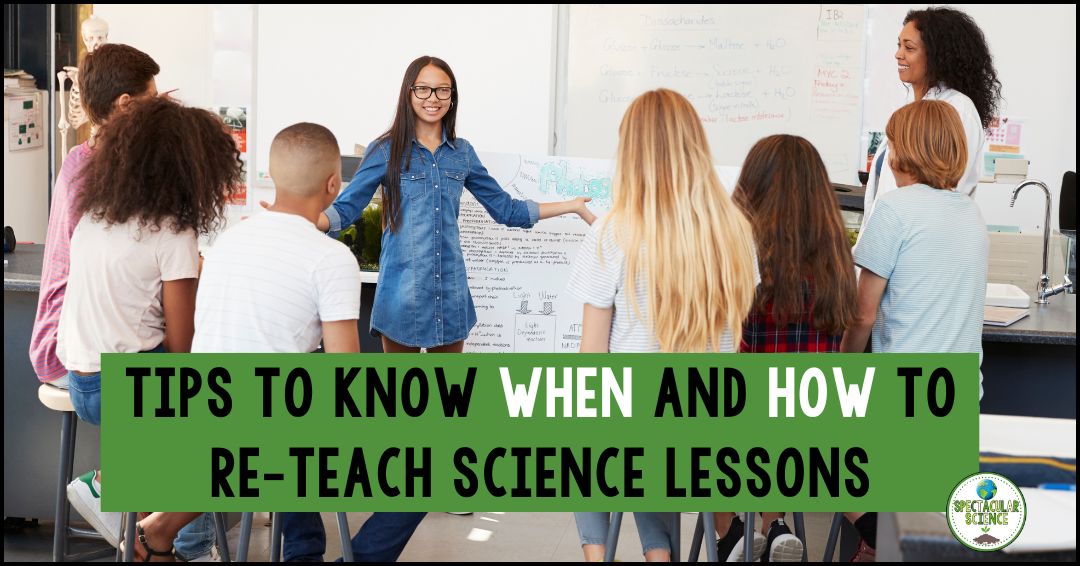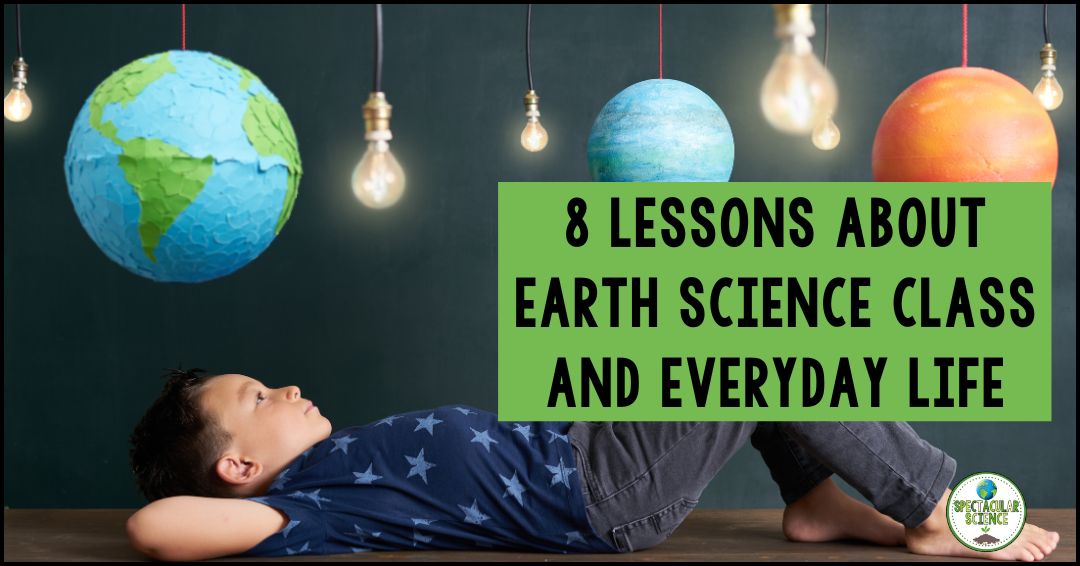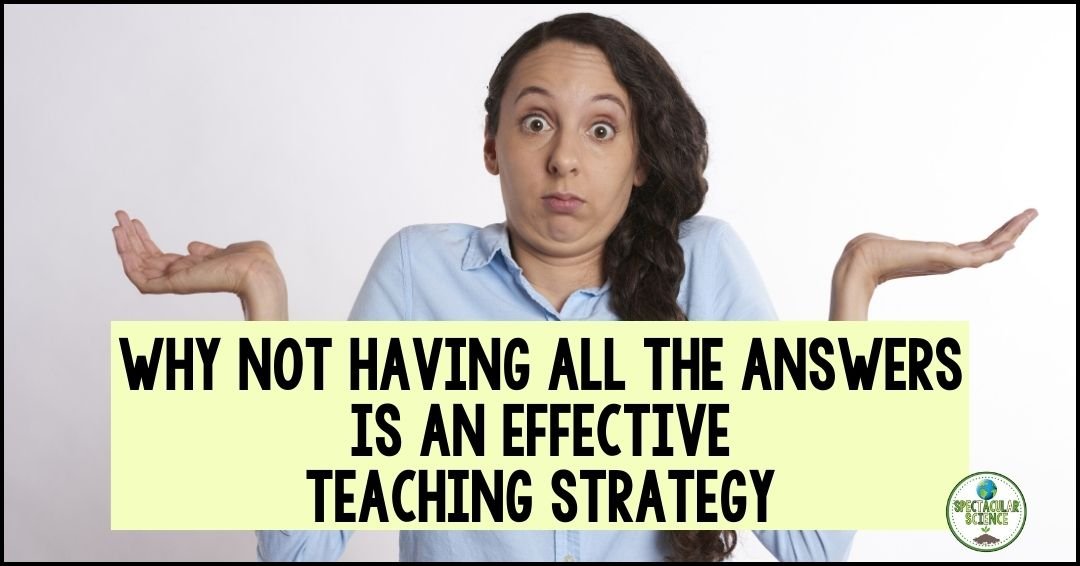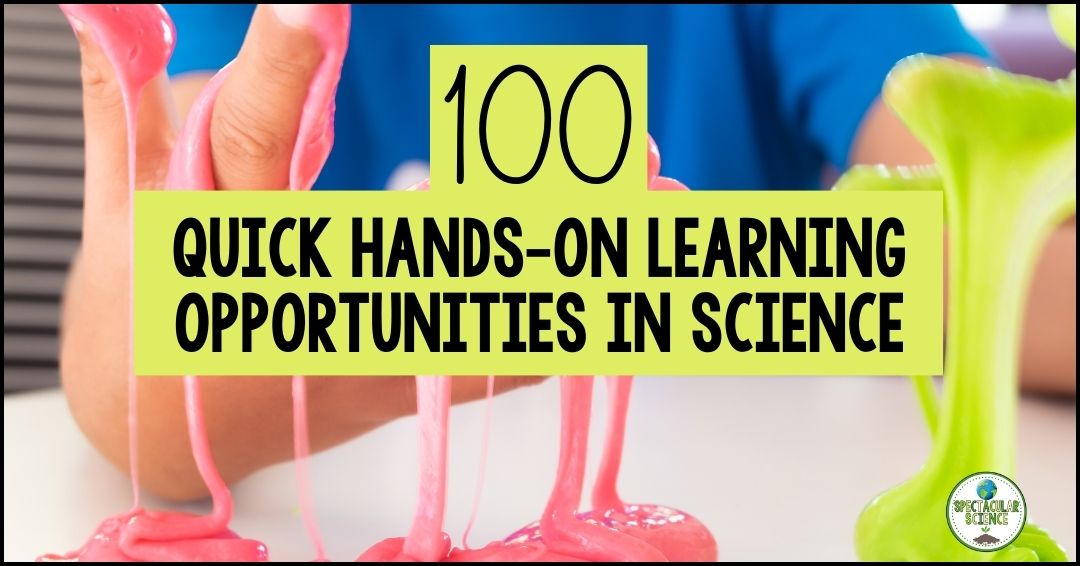
Mastering Claim, Evidence, and Reasoning with Engaging Classroom Practice
Welcome, Alyse! I’m so excited to welcome my friend Alyse as a guest blogger! She’s an incredibly creative and passionate science educator who always has amazing ideas to make teaching more engaging and effective. I know you’re going to love the insights she’s sharing in this post. Be sure to















